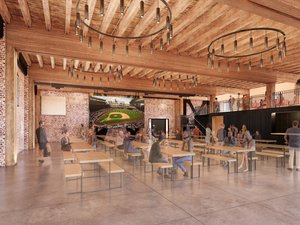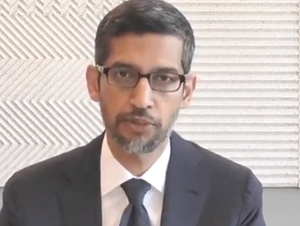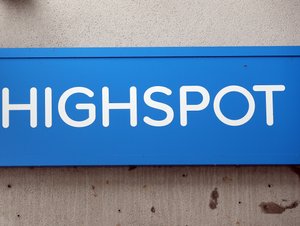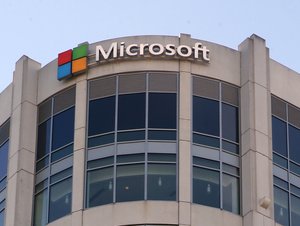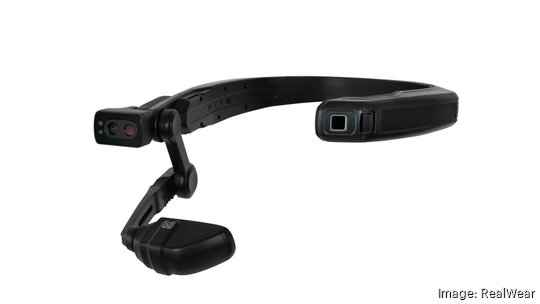
Seattle-based investment bank Cascadia Capital is taking a hardware company public through a merger with Cascadia's special purpose acquisition company.
The company, Cascadia Acquisition Corp. (Nasdaq: CCAI), is merging with RealWear, a Vancouver, Washington-based maker of headsets to help industrial workers. The companies announced the merger on Monday and expect it to close in the second half of this year.
"CCAI was established with the intention of identifying and partnering with businesses that are utilizing technology and innovation to disrupt industry in sizable and expanding markets. RealWear perfectly fits these criteria, and we are thrilled to partner with them," Jamie Boyd, CEO of CCAI, said in a news release.
Both companies' boards have approved the deal, but it still needs shareholder approval. Once the deal is closed, the combined company is expected to have a value of $375.5 million, assuming no CCAI stockholders redeem their shares. The company will adopt the RealWear name and trade on the Nasdaq.
RealWear, founded in 2016, makes headsets and accessories that help front-line workers view and share important information, all while keeping their hands and field of vision free. Its clients include Shell and BMW. RealWear also makes software to help its clients' information technology teams manage their hardware devices.
Cascadia was founded in 1999. The investment bank offers services in mergers and acquisitions, private capital and equity placement. Cascadia co-founder and CEO Michael Butler recently moved to Austin, Texas, to open the bank's fifth office in the U.S. after landing an over $50 million investment from Atlas Merchant Capital in September. At the time of the investment, Butler said Cascadia had about 85 employees and was roughly an $80 million business.
SPACs, sometimes called "blank check companies," form without a business line and start trading publicly. The end goal is to merge with an existing company to take that company public. SPAC mergers ballooned in popularity in 2020 and 2021, with local companies like Porch and Rover reaching the public markets in this fashion. Their popularity has plummeted, however, during the current market downturn.
Cascadia launched its SPAC in August 2021, and Butler said at the time the investment bank felt its pedigree would separate it from the throngs of SPACs flooding the market. He also said Cascadia wanted to continue launching new SPACs in the future.
"We view the SPAC as an ongoing product for Cascadia. We're not a one-and-done," Butler said at the time. "We think the companies we partner with will pretty easily be able to delineate between us, our resources, our approach and the other SPACs out there."
